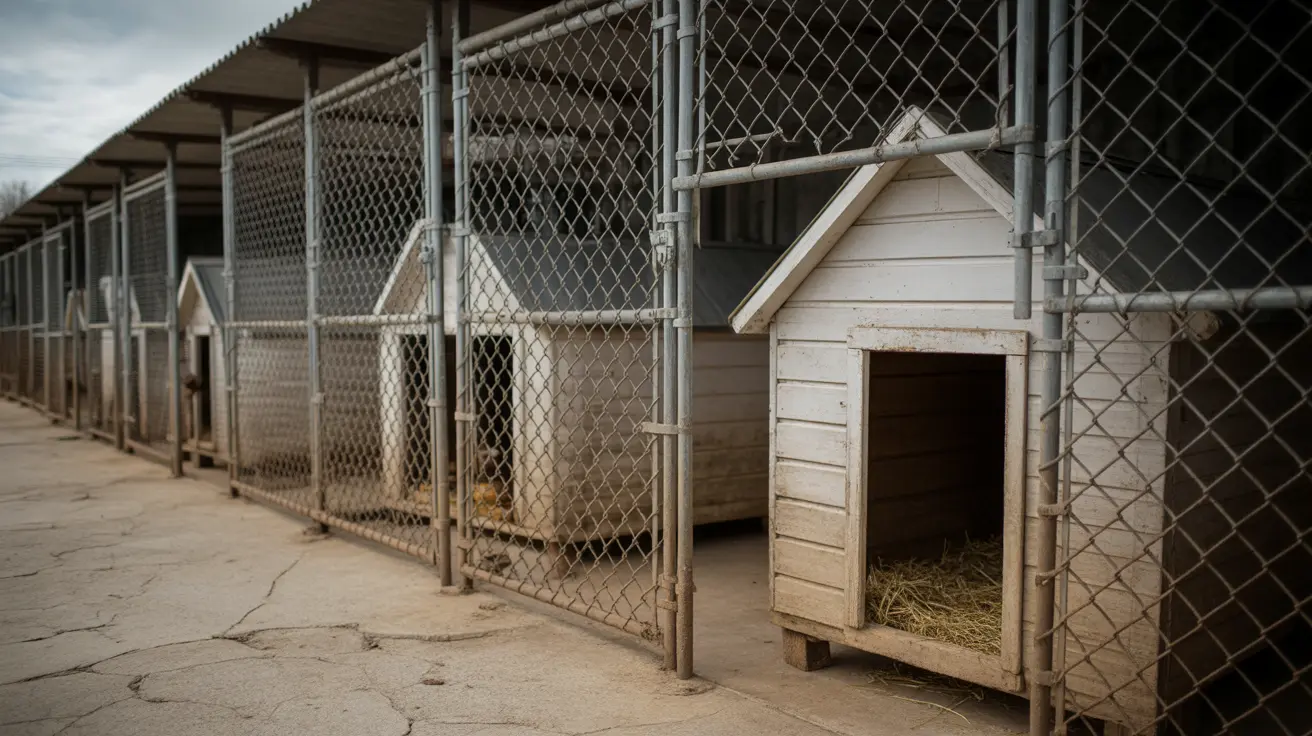Are Dogo Argentinos Illegal in the US?
The Dogo Argentino is a powerful and courageous breed developed in Argentina for big-game hunting. Known for its fierce loyalty, intelligence, and athleticism, this dog has gained global attention. However, this reputation has also led to discussions about its legality in different countries, including the United States. Let's break down whether the Dogo Argentino is legal in the US and what prospective owners should know.
Origin and Characteristics
The Dogo Argentino was created in 1928 by Dr. Antonio Nores Martinez in Córdoba, Argentina. He combined several breeds—including the Old Cordoba Fighting Dog, Great Dane, Bull Terrier, Boxer, and others—to develop a dog that could be a versatile hunter and a devoted companion. These dogs have a robust and athletic body, usually weighing 80 to 100 pounds, with a white short coat that reflects sunlight—ideal for Argentina's climate.
Legal Status in the United States
In the US, Dogo Argentinos are not federally banned, and the breed received full recognition from the American Kennel Club (AKC) in 2020. However, certain state and local jurisdictions do have restrictions or outright bans on the breed. This patchwork of legislation means legality depends on where you live.
States and Cities with Restrictions
- New York City: The Housing Authority restricts residents from owning Dogo Argentinos in public housing.
- Aurora, Colorado: Has a breed-specific legislation that includes the Dogo Argentino.
- Miami-Dade County, Florida: Though primarily known for banning Pit Bulls, Dogo Argentinos may also be restricted.
- Various military housing facilities: Often include Dogo Argentinos on the banned breed list.
It's critical to check local ordinances if you're interested in owning this breed.
Why Are Dogo Argentinos Restricted?
Restrictions stem from the Dogo Argentino’s origins and capabilities. Originally bred for hunting dangerous game like wild boar and pumas, these dogs have high energy, a strong prey drive, and a protective temperament. While they are deeply loyal and affectionate with their families, they can be wary of strangers and require early socialization and training.
Their physical power and potential for aggression—if not properly managed—are reasons why municipalities might include them in breed-specific legislation (BSL). These laws aim to reduce risks associated with powerful breeds but are often controversial and criticized by animal experts.
The Role of the American Kennel Club
Recognition by the AKC in 2020 was a big step for the breed. It allowed the Dogo Argentino to compete in AKC-sanctioned events and put a spotlight on responsible breeding and ownership. It doesn’t guarantee legality in all areas but does improve awareness and educational outreach about the breed’s true nature.
Temperament and Suitability
While the Dogo Argentino is brave, intelligent, and loyal, it is not recommended for first-time dog owners. This breed thrives with consistent training, firm leadership, and plenty of exercise. They are best suited for:
- Owners with experience handling large, powerful breeds
- Homes with secure fencing and ample outdoor space
- Active individuals or families without small pets
Supervision around children is advised due to their size and energy levels.
Health and Maintenance
The Dogo Argentino is generally healthy but can be prone to several conditions:
- Hip Dysplasia: Common in large breeds, leads to arthritis and mobility issues
- Congenital Deafness: Due to their white coat, they may be partially or fully deaf
- Gastric Dilation-Volvulus (Bloat): A life-threatening condition that requires prompt treatment
- Hypothyroidism and Laryngeal Paralysis: Manageable with medical supervision
Proper care includes regular vet visits, a high-energy diet, and daily exercise. Basic grooming, like weekly brushing and routine nail trims, is sufficient given their low-maintenance coat. Due to their white skin, sun protection may also be necessary.
Alternatives and Recommendations
If local regulations make it difficult to own a Dogo Argentino, consider similar but more widely accepted breeds such as:
- Boxer
- Rhodesian Ridgeback
- American Bulldog
Always research your local pet laws and consult with breed-specific rescues or organizations before making a commitment.
Conclusion
While the Dogo Argentino is not illegal throughout the US, its ownership does come with caveats. Prospective owners must diligently check state and local laws and be prepared to invest in proper training and handling. When raised and managed responsibly, they can become extraordinary companions and guardians, showcasing the loyalty and bravery for which they were originally bred.





